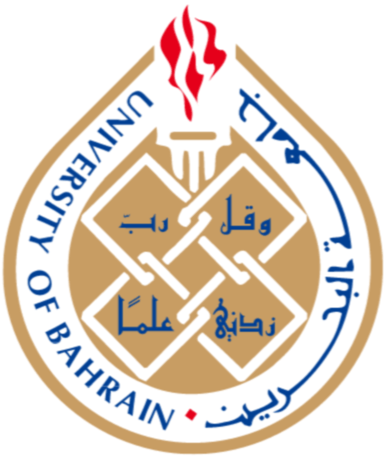PROGRAM LEVEL
The philosophy of the Higher Diploma and Master program in family counselling is based on building a well-established knowledge base for family counselling workers, and those who comply with all workers in social welfare institutions and health centers who perform therapeutic and developmental guidance tasks, both in the Kingdom of Bahrain and in the Arab countries, and train and enhance them. This is in the light of theoretical and applied developments, and according to their needs in the field of specialization.
This program is directed at a professional and applied technical destination that aims to prepare practicing specialists in the field of family counseling, helping to achieve the following: Mastery of the theoretical, cognitive and scientific foundations of family counseling, mastery of the basic techniques in family counseling and practicing them professionally, mastery of research and planning foundations in family counseling and practice it professionally. This program is aimed specifically at all workers in social care institutions and health centers who carry out treatment and development counseling tasks in the Kingdom of Bahrain or Arab countries.
ABOUT THE PROGRAM
DETAILED STUDY PLAN
- Study plan 2024 (PDF, 0.2 MB , 6 Pages)
PROGRAM OBJECTIVES
The Program aims to prepare and qualify specialized counselors equipped with expertise in the field of family counseling in terms of knowledge, skills, and ethics to be able to practice the profession of counseling in various career counseling centers (educational, social, health, etc.) or to practice the profession of counseling under the supervision of a licensed family counselor. This is achieved by:
Providing students with knowledge and theories related to family counseling, and the theoretical and cognitive foundations of normal and abnormal family job performance, with linking them to the practical or real situations in the local community.
Training them to use methods of diagnosing family problems by applying family counseling tools and tests in line with standardized terms and norms (standards), such as the Genogram.
Providing them with the ability to plan, design and implement intervention programs for family counseling, and to develop treatment plans within the framework of the concept of family system.
Training them on family counseling skills, such as conducting the family counseling interview, family counseling listening and communication skills, preparing the family file, building the counseling relationship with the family case, and using the family counseling techniques.
Educating them about the ethics of the family counselor, and the legal consequences of not adhering to them.
Development of a positive personality that is characterized by effective communication, critical and creative thinking, and the ability to develop in professional, technical and technological terms.
Training them on the correct method of writing scientific papers
GRADUATE OUTCOMES
After completing the program, the student is expected to be able to:
a) Understand the theories and models of family counseling, and relate them to the real environment in the local community.
b) To apply the techniques and skills of family counseling, such as conducting the family interview, reflective and active listening, and building the counseling relationship with the given family situation.
c) To diagnose family psychological problems by using various family counseling tools such as family genograms, and various psychological tests.
d) To design family counseling programs that are consistent with the nature of the situation concerned.
e) To produce scientific research papers in the field of family counseling by using analytical and critical thinking skills, effective communication with others and information technology.









